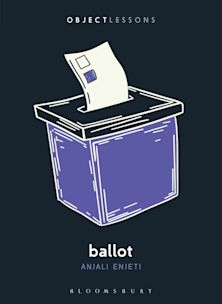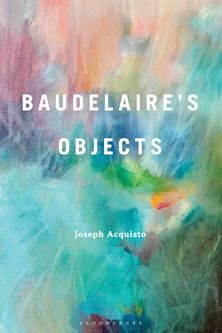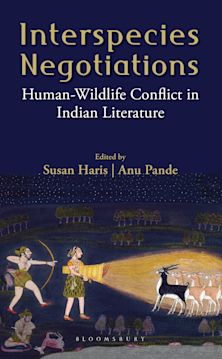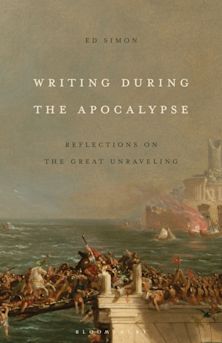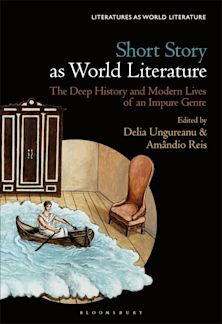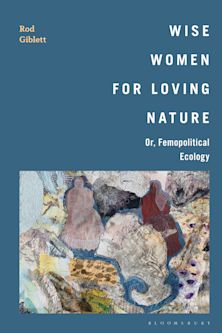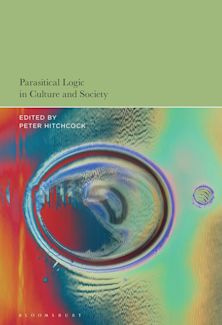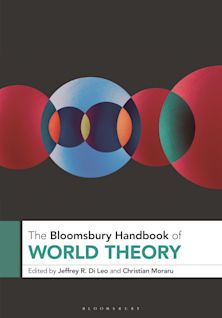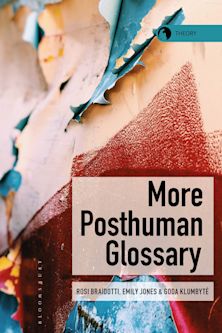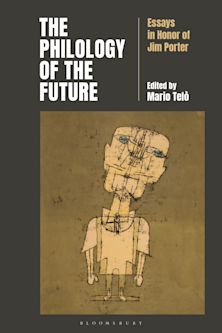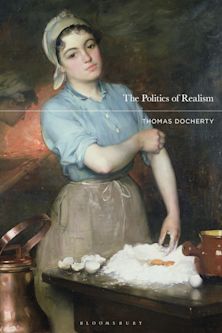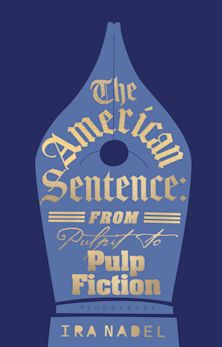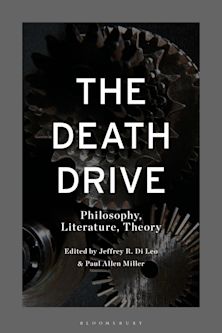- Home
- ACADEMIC
- Literary Studies
- Literary Theory
- Why Literature?
Why Literature?
The Value of Literary Reading and What It Means for Teaching
Why Literature?
The Value of Literary Reading and What It Means for Teaching
You must sign in to add this item to your wishlist. Please sign in or create an account
Description
Cristina Vischer Bruns offers a defense of the value of literature and suggests ways in which the problematic relationship between personal and academic reading may be overcome.
Table of Contents
Acknowledgments Preface - Situating the Questioner
Introduction - the Questioner and Its Importance
1. Why Read Literature?
Literary Reading as Instructive
Literary Reading as a Source of Pleasure
The Varied Effects of Literary Experience and Why They Matter
Shock Recognition Enchantment
The Mechanism of Literature's Effects and Its Importance: Literature as a
Transitional Object
Literature, Transitional Space, and Cultural Contact
2. From Words on Paper to an Object in Transitional Space: Reading for the Formative Use of Literature
Literary Reading and the Self's State in Transitional Space
Making Visible the Moves of the Reader
My own experiences as a reader . . . and a teacher
Jeffrey Wilhelm's remedial readers
Immersion and Reflection: The Two Moves of the Reading Process in Conflict
The role of immersive reading
When reflective reading undermines immersive reading
Sustaining the Tension: Immersion and Reflection as Interdependent
3. Recent Conceptions of Literary Education and Their Potential Impact on Students' Formative Use of LiteratureLiterary Education as the Instructor's Activity
Literary Education in which Students Are Actively Involved
Literary education that prioritizes the ideological critique of texts
Literary education that prioritizes students encounters with texts
The Challenge of the School Context
4. Toward a Literary Education Conducive to the Formative Use of Literature
Principles for Instruction
The priority of immersion in a text Beginning with students' experience of texts Reflection and analysis in a supporting role Attending to culture
The complication of casting students as co-inquirers
Making Space for Students
What students bring to the class A Receptive environment for students' contributions
Ideas for Practice
Works Cited
Index
Introduction - the Questioner and Its Importance
1. Why Read Literature?
Literary Reading as Instructive
Literary Reading as a Source of Pleasure
The Varied Effects of Literary Experience and Why They Matter
Shock Recognition Enchantment
The Mechanism of Literature's Effects and Its Importance: Literature as a
Transitional Object
Literature, Transitional Space, and Cultural Contact
2. From Words on Paper to an Object in Transitional Space: Reading for the Formative Use of Literature
Literary Reading and the Self's State in Transitional Space
Making Visible the Moves of the Reader
My own experiences as a reader . . . and a teacher
Jeffrey Wilhelm's remedial readers
Immersion and Reflection: The Two Moves of the Reading Process in Conflict
The role of immersive reading
When reflective reading undermines immersive reading
Sustaining the Tension: Immersion and Reflection as Interdependent
3. Recent Conceptions of Literary Education and Their Potential Impact on Students' Formative Use of LiteratureLiterary Education as the Instructor's Activity
Literary Education in which Students Are Actively Involved
Literary education that prioritizes the ideological critique of texts
Literary education that prioritizes students encounters with texts
The Challenge of the School Context
4. Toward a Literary Education Conducive to the Formative Use of Literature
Principles for Instruction
The priority of immersion in a text Beginning with students' experience of texts Reflection and analysis in a supporting role Attending to culture
The complication of casting students as co-inquirers
Making Space for Students
What students bring to the class A Receptive environment for students' contributions
Ideas for Practice
Works Cited
Index
Product details
| Published | 05 May 2011 |
|---|---|
| Format | Ebook (PDF) |
| Edition | 1st |
| Extent | 176 |
| ISBN | 9781441109897 |
| Imprint | Bloomsbury Academic India |
| Publisher | Bloomsbury Publishing India Pvt. Ltd |












